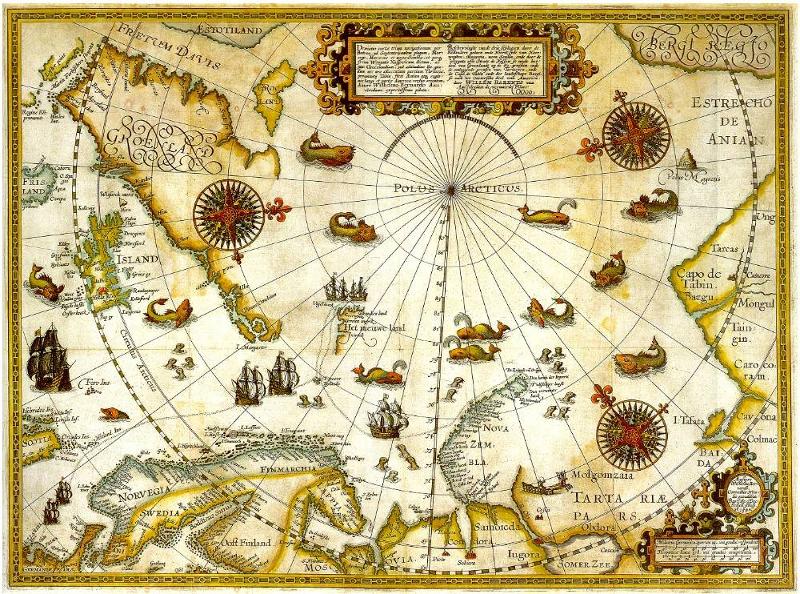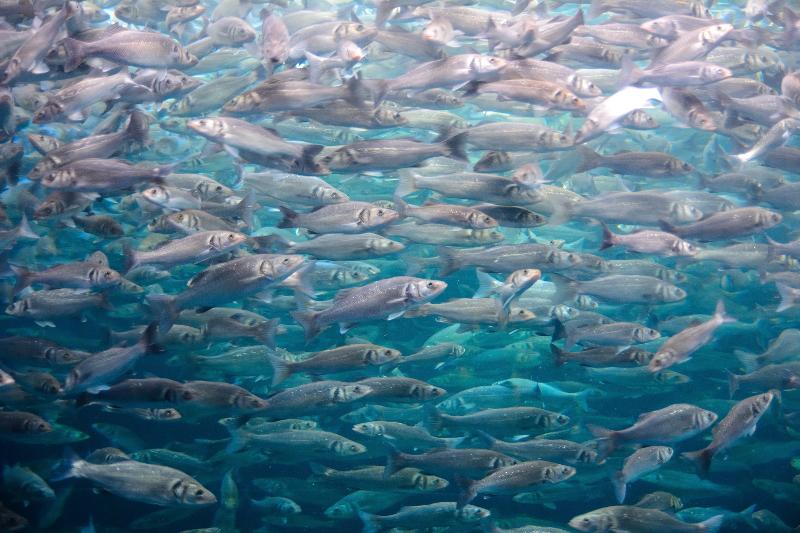Publications
Aurora Centre - Research themes
Projects
Blog
For students
Information in Norwegian
JCLOS
Members
Aurora Centre - Research themes
The research is organized in four main themes:
 Sovereignty Sovereignty |
 Ocean Commons Ocean Commons |
 Future Trajectories Future Trajectories |
These challenges to the law of the sea are reflected in three hypotheses that provides the basis for the research at the UiT Aurora Centre:
- The legal architecture of ocean space is not suited to ensure ocean resilience and sustainability
- The logic of sovereignty needs to be problematised
- The governance of oceans commons needs to be reassessed
To test the hypotheses and achieve the objective, the Centre will adopt a rich and pluralistic theoretical and methodological approach. The doctrinal legal research will be supplemented by a law in context approach. Law in context, a interdisciplinary approach broadens the law from within from social, political and ecological contexts.